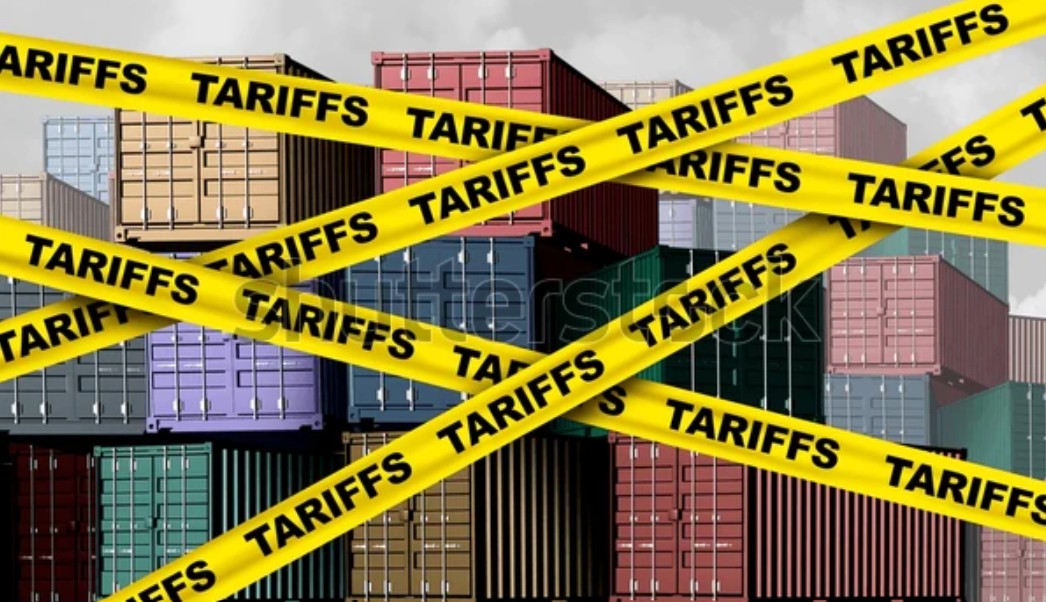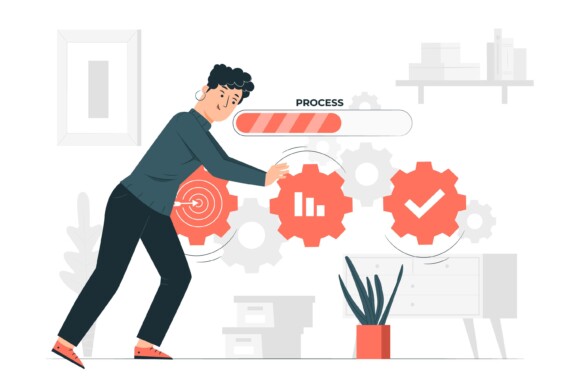Over the last few years, Sales incentive governance has come a long way. By 2026 most organizations have crossed the chasm deciding if annual...
Overcoming Tariff Challenges: Profit-Driven Sales Compensation Strategies for 2025
Tariffs function as more than mere trade barriers because they disrupt organizational profitability. Tariffs on raw materials and intermediary products along with finished goods trigger unexpected cost increases which force companies to reconfigure supply chains and face customer pricing issues. Organizations must quickly protect their profit margins and adjust their market entry approaches when dealing with such conditions.
Sales compensation remains a frequently ignored yet powerful tool throughout this adjustment process. Organizations can manage tariff-driven challenges through strategic incentive programs which support sales team motivation and help maintain revenue and profit levels.
Businesses can navigate tariff effects through strategic adjustments to their sales compensation structures.
1. Understand the Tariff Impact on Sales Behavior
Organizations need to evaluate the effects of tariffs on their products, pricing strategies, and customer demographics before modifying sales compensation plans. Questions to consider include:
a. Have specific products experienced increased costs either in sourcing or selling?
b. Have customers reduced their buying frequency or postponed purchases because prices have increased?
c. Certain regions or segments stay insulated from the impacts of tariffs while presenting possibilities for business growth.
d. Companies can adjust their compensation plans based on areas with the most significant tariff impact to influence sales behavior.
Example:
The distributor of consumer electronics experienced increased prices for imported display panels because of a newly implemented 15% tariff. Rather than cutting sales budgets they steered representatives to domestic products that matched the performance specifications. The company achieved a 26% boost in domestic product sales and a 12% margin performance increase through temporary doubling of sales incentives.
2. Shift to Margin-Based Incentives
As tariffs elevate costs companies should avoid using revenue-based compensation models because they could lead to negative outcomes. Sales representatives tend to pursue deals that generate high revenue but deliver low profit margins when price-conscious clients request discounts.
Solution:
Switch to or incorporate margin-based compensation metrics. The reward structure now evaluates sales reps based on their profitability in addition to sales volume.
Tactical options include:
a. Sales commissions should be determined by gross margin dollars instead of total revenue figures.
b. Salespeople receive bonuses when they close deals which reach or surpass predefined margin targets.
c. Disincentives for excessive discounting in tariff-affected segments
Example:
The industrial machinery manufacturer altered its sales compensation structure in response to increased tariffs on imported steel. The company implemented a sliding scale for commissions that rewarded sales representatives for keeping higher profit margins. Representatives raised the average deal margin by 8% across six months despite facing increased base costs.
3. Adjust sales quotas to accommodate changes in product demand and market conditions.
Static quota assignments lose alignment with actual conditions when tariffs affect selected products or specific geographic areas. Reps become frustrated which contributes to their decreased performance.
What to do:
a. Shift quota goals to match product profitability levels and market demands in response to the new tariff rules
b. Increase the prominence or credit of products that remain unaffected or yield higher margins
c. Implement regional quota relief in locations that experience excessive tariff impacts
Example:
A leading apparel company encountered a U.S. tariff on finished garments shipped from Southeast Asia. The company maintained its profit levels by boosting domestic production and expanding sales into European and Middle Eastern markets. The company modified its quotas according to the new business direction and enhanced incentives to promote diversification across different regions. The firm reached 97% of its worldwide sales objective even though U.S. sales fell short by 20%.
4. Introduce Short-Term Spiffs to Drive Behavioral Change
Rapid shifts in global trade regulations force companies into reactive positions. Temporary incentive programs known as spiffs can quickly adjust sales behavior in these situations without requiring major changes to the existing compensation structure.
Spiff ideas include:
a. Salespeople will receive bonuses for finalizing sales on products that do not face tariffs.
Programs that motivate customers to purchase bundled solutions or services
b. Spot rewards for penetrating new, untariffed markets
Example:
The IT hardware company implemented a temporary $1,000 spiff to prompt its representatives to cross-sell local alternatives in place of the tariffed routers imported from the U.S. During one quarter sales representatives included local alternatives in 40% of transactions which helped protect profit margins while diversifying vendor relationships.
5. Emphasize Total Customer Value and Upsell Opportunities
The presence of tariffs creates limitations on price flexibility which complicates cost-based competition for sales representatives. Compensation plans should guide sales reps to focus on value-based selling and solution bundling instead of securing deals through discounts.
To encourage this, organizations can:
a. Organizations should offer greater commissions for sales representatives who bundle services together with training and support options.
b .Link sales bonuses to customer lifetime value (CLV) figures and customer retention statistics.
c. Implement incentives to motivate sales reps to secure renewals and upgrades while expanding customers’ existing contracts to include adjacent product lines.
Example:
This logistics provider altered its sales compensation plan to incentivize representatives to promote supply chain optimization services as a response to tariff-driven shipping cost increases. The shift to value-based positioning led to a 31% rise in consulting package attach rates which transformed their cost crisis into a revenue opportunity.
6. Use Non-Monetary Recognition to Reinforce Agility
Budget limitations on cash payouts do not prevent non-financial incentives from effectively shaping employee behavior. Reps stay engaged through recognition programs, career advancement paths, learning opportunities and internal visibility.
Tactics include:
a. Leaderboards spotlighting “tariff champions”
b. Top performers receive invitations to executive briefings and strategic workshops.
c. The organization presents public awards to teams that demonstrate exceptional agility and innovation when facing tariff challenges.
Example:
The telecom company identified its leading “pivot performers” who successfully shifted sales strategies to achieve high-margin results beyond tariff-imposed markets. The minimal cost recognition program improved employee morale and motivated others to replicate their successes.
7. Communicate Clearly and Frequently
Tweaking compensation during turbulent times requires trust. Effectiveness of sales incentive changes requires transparent communication and data support alongside regular effectiveness evaluations.
Best practices:
a. Facilitate kick-off calls and workshops to explain the rationale behind changes
b. Demonstrate how actual earnings would look under revised compensation plans
c. Implement monthly or quarterly evaluations to assess effectiveness and make necessary adjustments
Conclusion: Compensation as a Strategic Response to Tariffs
When organizations face tariffs they prioritize changes to pricing strategies, sourcing options, and product redesign. Re-aligning your sales compensation strategy offers one of the quickest and most effective responses to challenges.
Companies that adjust their compensation programs to focus on margins and untariffed opportunities while rewarding agile behaviors can transform tariff challenges into profitable opportunities. Organizations functioning in a global marketplace where policy changes regularly occur need flexible strategic sales compensation engines because such engines are essential not optional.





